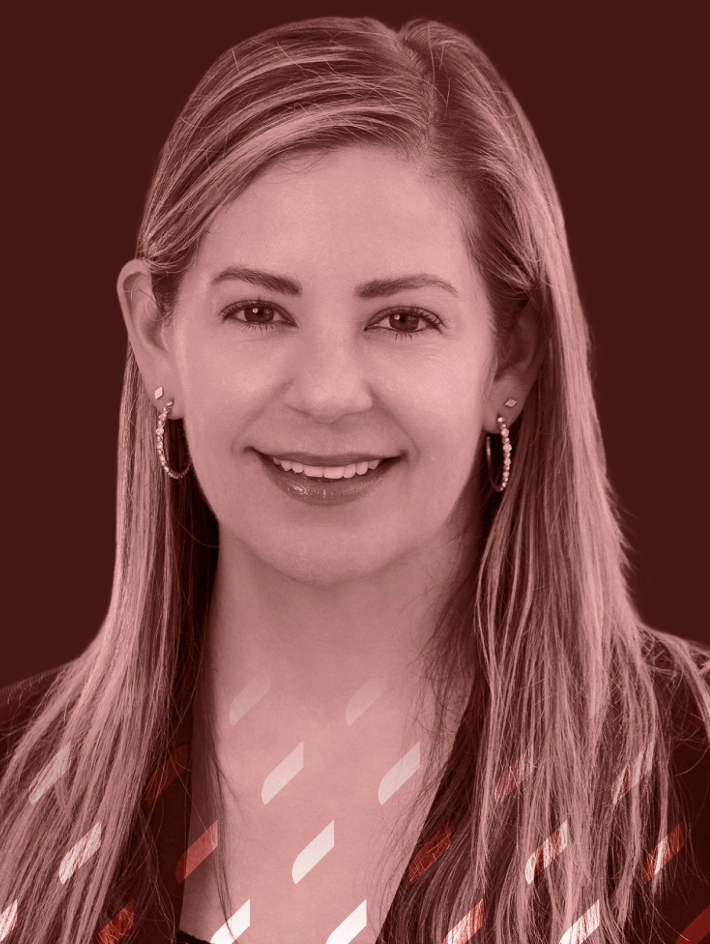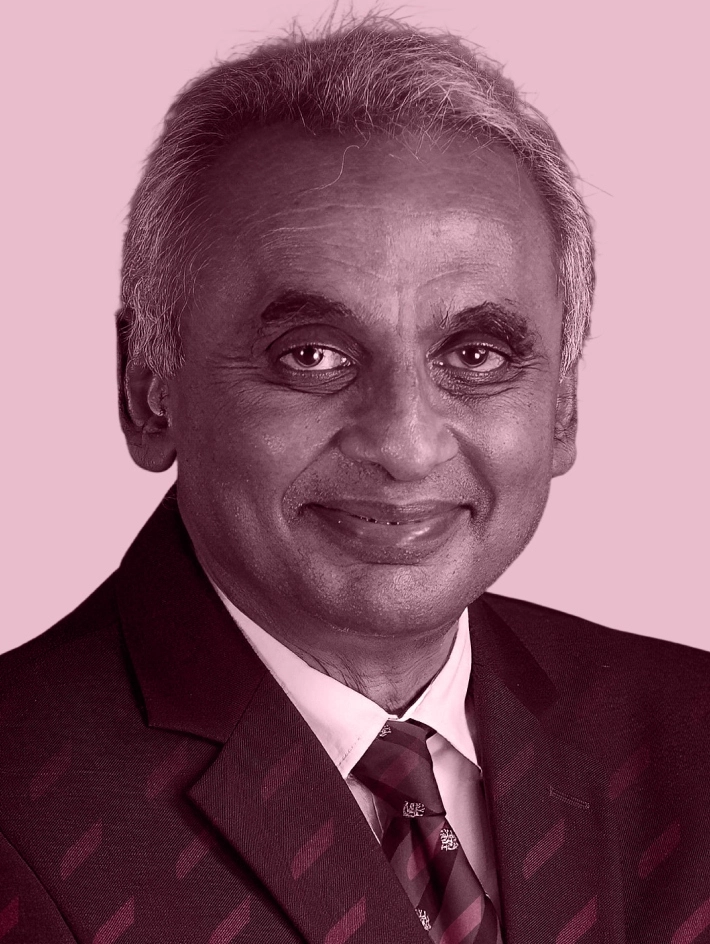Could you share a little bit of your background?
I am a Senior Associate at Hassans, the Legalink member firm in Gibraltar. I moved to Gibraltar 8 years ago from the United Kingdom, where I lived for five years. Prior to this, I lived in Spain and am of mixed Spanish and Iranian origin. Coming from a mixed cultural background and having lived in different countries at various stages of my life has fostered my passion for diversity and inclusion, which I believe enriches us as individuals and is critical to the long-term success of our organisations.
Professionally, I specialise in corporate and commercial law, with M&A and financing transactions being my main area of practice. I also draft legislation for the Government of Gibraltar, mainly in the fields of environmental and shipping law. I have recently been appointed to the board of the Law Council, the statutory body responsible for developing policy with regard to lawyers and representing the legal profession in Gibraltar.
In your opinion, what are some of the key challenges women lawyers face in the legal profession?
This varies in different areas of the world, but in Europe, I’d say bias and perception are the biggest challenges facing women in the legal profession. Whilst recruitment for entry-level roles has succeeded in reaching equality between the sexes, women are frequently overlooked for promotion or leadership opportunities, so female partners, or women in management in law firms, remain in the minority across Europe. Gender bias is subtle, often subconscious and difficult to spot, even for the person holding the bias. This is what makes it very challenging to address. For example, a partner may allocate an important project to a male associate because the partner assumes that a similarly qualified female associate with the skills and experience for the work may struggle to devote long hours and be available for the client since she has young children. Similarly, men may be invited to meet clients on a foreign trip or on a golf networking event, whilst assumptions can be made that women cannot or will not want to attend due to personal commitments or even lack of interest. These often become the opportunities that can be referred to in promotion applications, so it is important to ensure that women are not systemically missing out on them.
The best way to tackle this is for each of us to try to recognise when we are making assumptions and instead simply ask. In the examples above, the partner assumed the woman would struggle with childcare, but had they asked her, she may have been happy to find a solution and work on the project. Similarly, it was assumed a woman would not be keen to attend a golf networking day, but perhaps she is highly skilled at the sport. Ideally, we should work towards engaging in networking opportunities that are generally more inclusive.
Honest communication in an organisation is critical to getting the best out of professionals, so my suggestion is don’t assume- just ask!
How do you balance the demands of your legal career with other aspects of your life, and what advice do you have for aspiring women lawyers in achieving this balance?
My understanding is that lawyers, regardless of their gender, struggle to balance their careers with other aspects of their lives. This is not a problem exclusive to women, yet it is presumed that men are happy to prioritise their careers over their personal lives, but women are not. This is simply not true. Younger generations of men increasingly want to participate actively in the upbringing of children, and it can no longer be the expectation that domestic responsibilities are a woman’s remit. Just like we work in teams in our professions and rely on each other to achieve our desired outcomes, we must work as a team in our personal lives. Otherwise, what we find is women burning out whilst trying to work full time in the law firm and full time in the home, and men feeling that they are missing out on important personal moments. This is not in anybody’s interest.
My advice to any lawyer, not just women (and I am still trying to put this in practice myself!), is to let go of perfectionism, to decide what aspects of your personal life are really important to you, and to communicate honestly with your clients about your availability during those times.
Legalink can provide support by raising awareness amongst member firms of best practice approaches to gender equality in the legal profession
Can you share an example of a professional achievement or success that you are particularly proud of, and how did your gender play a role, if at all, in the accomplishment?
Last year, for International Women’s Day, I organised a roundtable event hosted by Hassans on gender equality in the legal profession. We invited colleagues from competing law firms and seated guests on tables made up of lawyers, both men and women, of different practice areas and different levels of seniority to discuss solutions to gender inequality in the legal profession. The discussion was guided by four themes: unconscious bias, gender pay gap, flexible working and best practice. Each table identified “calls to action”- commitments which firms could make to progress gender equality in the legal profession. Some examples of this were to review policies on shared parental leave, to consider fairer systems for the distribution of work, to provide technology and permission (without judgment) to facilitate flexible and remote working, and to ensure male and female candidates are considered for any promotion opportunity. Each firm left the event having reflected on changes they could make and committed to discussing them internally to ensure accountability.
I am particularly proud of the way that the group worked together as a profession, not as competitors, for a common goal. Gender equality is for everyone; it is statistically proven to increase the profitability of organisations, reduce turnover, and attract clients and stakeholders to a business.
Networking and building relationships are essential in the legal profession. Can you share insights into how Legalink has provided you with opportunities to connect with legal professionals globally?
I attended the Legalink Academy in Vienna last year with three colleagues and had a great time meeting professionals from around the world, some of whom we had already met the year before when we hosted the Legalink Academy in Gibraltar. We have since had the opportunity to refer clients or work together with some of the lawyers we met at the conference, which is a much more personal experience than identifying counsel from a legal directory.
How do you see Legalink’s role in supporting women lawyers in the network?
Legalink can provide support by raising awareness amongst member firms of best practice approaches to gender equality in the legal profession and invite firms to hold themselves accountable to certain commitments, such as allowing flexible working or shared parental leave. Legalink can also encourage reflection in this area by conducting surveys amongst members, sharing data and inviting collaboration on projects. It is important that any efforts in this regard do not include only women; in order to expedite change, I believe that management teams should be the main stakeholders, with a focus on the business case for equality.



